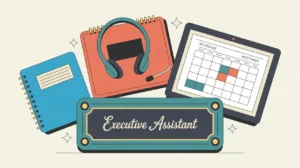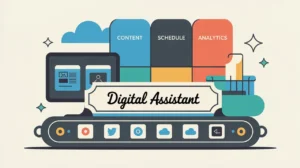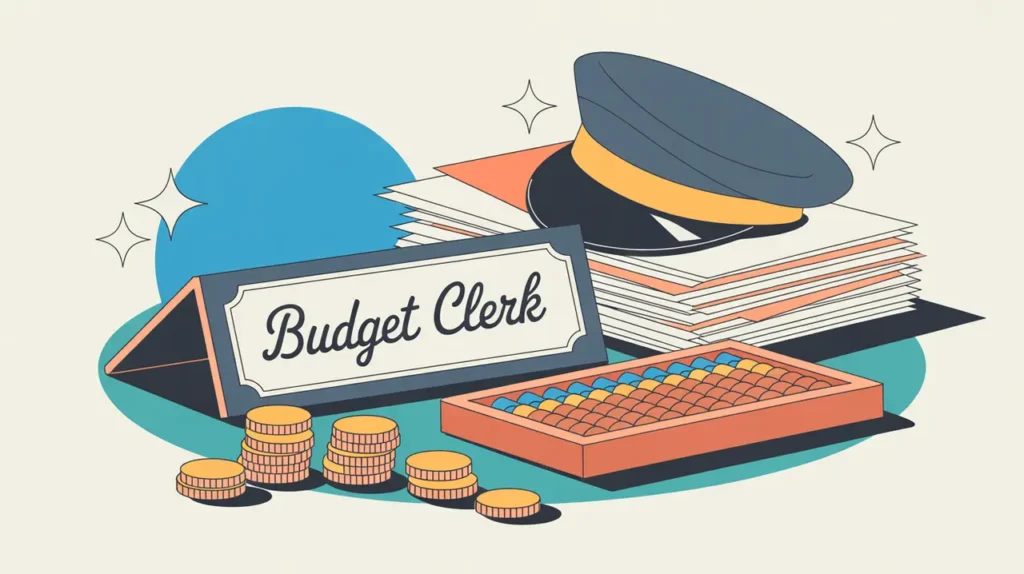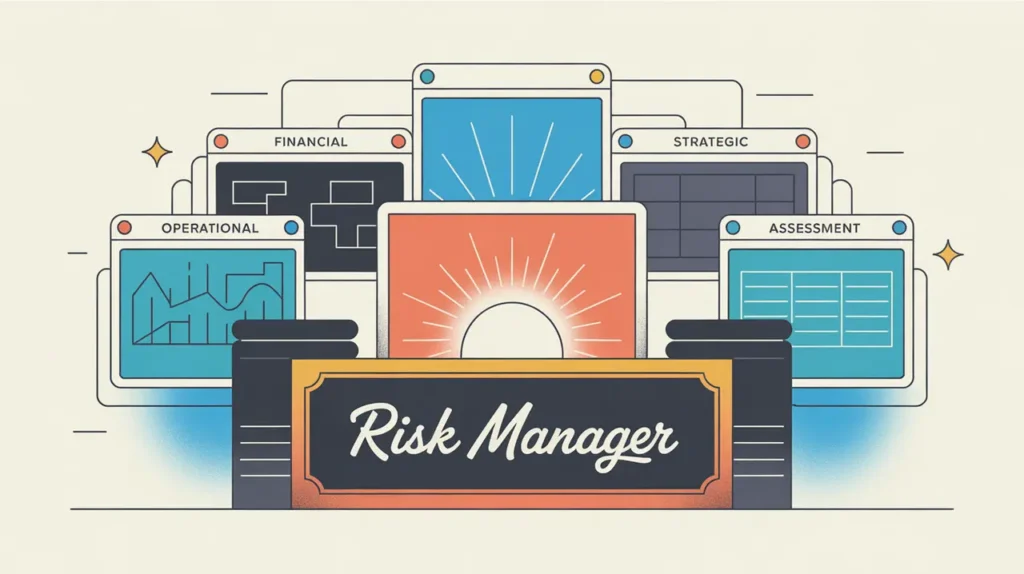What Does the Procurement Assistant Role Involve?
A Procurement Assistant is responsible for supporting the procurement process by handling administrative tasks, preparing documentation, maintaining records, and coordinating with internal teams and suppliers. They ensure that procurement activities are carried out efficiently, transparently, and in compliance with organizational policies and relevant regulations.
In nonprofits and social enterprises, Procurement Assistants play an important role in enabling timely acquisition of goods and services that support program delivery and operations, while upholding accountability and cost-effectiveness.
At What Level does this Role Operate?
Entry Level: Procurement Assistants typically operate under the supervision of a Procurement Officer, Procurement Manager, or Finance Lead. They focus on administrative and coordination tasks within well-defined procedures, supporting more senior staff in executing procurement activities.
Relative Employability: Procurement Assistant roles are widely available across nonprofits, social enterprises, foundations, and public sector organizations. They offer a valuable entry point into procurement, finance, or operations functions.
Relative Pay Scale: Procurement Assistants generally fall within the lower pay bands, aligned with administrative and operational support roles. Compensation may increase with experience, technical specialization, or progression to officer or managerial roles.
What are the Key Responsibilities and Activities?
- Support the preparation of procurement documents, such as requests for quotations, purchase orders, and contracts
- Maintain accurate and organized records of procurement activities, including supplier information and transaction histories
- Assist in soliciting quotations and bids from vendors in accordance with procurement guidelines
- Coordinate with internal teams to clarify specifications, delivery timelines, and budget approvals
- Track procurement requests and orders to ensure timely processing and delivery
- Support vendor communications, including follow-ups and documentation of correspondence
- Ensure that procurement activities comply with internal policies and donor or regulatory requirements
- Provide administrative support for procurement planning and reporting
What Core Competencies and Qualifications are Needed?
Required Qualifications and Experience
The following reflect common qualifications and experience expected for this role, while recognizing that pathways may vary by context, organization, and region.
- Relevant academic background in business administration, finance, supply chain management, or related fields
- Experience in administrative or procurement support, preferably in nonprofit or public sector contexts
- Familiarity with procurement procedures and documentation standards
- Basic proficiency with spreadsheets, databases, and procurement software
Key Competencies
- Strong organizational and administrative skills
- Attention to detail and accuracy in record keeping
- Clear communication skills for interacting with vendors and internal teams
- Ability to follow established procurement procedures and compliance requirements
- Proactive approach to tracking timelines and deliverables
- Integrity and discretion in handling financial and contractual information
How are AI and Automation Shaping this Role?
An AI-native Procurement Assistant can use AI tools to automate bid tracking, generate purchase documentation, and manage vendor databases. Workflow automation can help monitor procurement timelines and flag delays or missing documents. AI-powered systems can assist with supplier comparisons, compliance checks, and error detection in procurement records. These technologies allow assistants to process requests more efficiently and focus on higher-quality administrative and coordination work.
What Career Pathways and Transferable Skills are Associated with this Role?
Procurement Assistants can progress to roles such as Procurement Officer, Procurement Manager, Operations Specialist, or Finance Officer. Their skills in documentation, compliance, and coordination are transferable to broader roles in supply chain management, finance, and operations. With experience, they may take on responsibility for more complex procurement activities or lead procurement functions at a departmental or organizational level.







